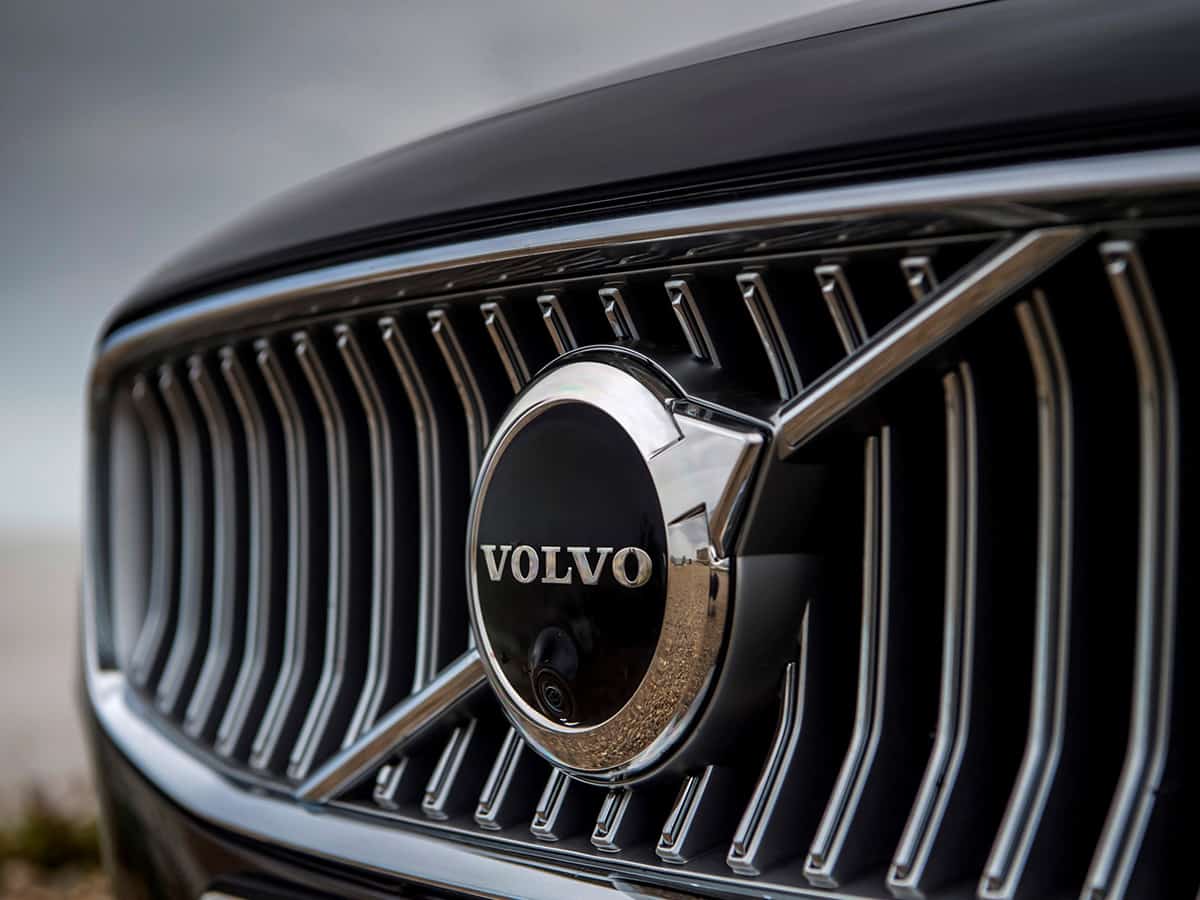
New Delhi: European carmaker Volvo on Wednesday announced a collaboration with Fortnite game developer Epic Games to use its 3D creation platform ‘Unreal Engine’ to power its next generation of electric cars.
Volvo Cars will now use the Epic’s real-time 3D creation tool for developing digital interfaces inside its cars and rendering real-time graphics in the vehicles.
Volvo Cars is the first European carmaker to use the Unreal Engine for development of the Human Machine Interface (HMI).
“To offer our customers the best possible user experience and contribute to a safe and personal drive, we need rich, immersive and responsive visualisation inside our cars,” said Henrik Green, chief product officer at Volvo Cars.
“Running Unreal Engine in our cars enables this and makes it even more enjoyable to spend time inside a Volvo,” Green said in a statement.
The collaboration will initially focus on the Driver Information Module (DIM), one of the displays inside the cabin that provide the driver with relevant information and infotainment features.
In the next generation of Volvo cars, customers will encounter impressive, high-quality graphics on those displays.
Much sharper renderings, richer colours and brand new 3D animations are only the first steps as Volvo Cars developers continue to push the graphic envelope, said the company.
As a result, Volvo Cars’ next generation infotainment system will be more than twice as fast as its predecessor, while graphics generation and processing inside the cabin will be up to ten times faster.
“When you bring interactive, high-resolution graphics running in real-time into the car, you open the door to a vast range of new ways to inform and entertain everyone inside,” said Heiko Wenczel, Epic Games’ Director of Automotive and HMI for Unreal Engine.
The first car to contain the new graphics is the new, all-electric flagship model that Volvo Cars will reveal later this year.
That model is the first of a new generation of all-electric Volvo cars as it aims to only sell pure electric cars by 2030.
Volvo Cars has an ambition to develop half of all the software inside its cars in-house by mid-decade and is recruiting extensively within software development.
